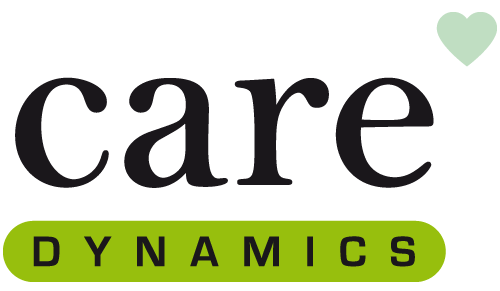Health and Safety
Conditions of Employment for Health Workers.
Signs of Abuse
Always be alert to the signs of abuse which can be in several forms:
Physical and Sexual
Rough handling, punching, slapping, kicking, biting, burning, rape, indecent assault. Look for signs of bruising, bite marks, cigarette burns or marks that are not adequately explained.
Clients who have been sexually assaulted may have soreness, bruising or bleeding around the genital area.
The Client may wince or withdraw from you when you touch them or they may hit out in an attempt to protect themselves.
Neglect / Deprivation
The deliberate withholding of basic rights and comforts such as food, light, heat, medication such as pain relief, personal hygiene and contact with others.
The Client may be dirty, have little food in the house, the heating may be switched off in winter and their clothing may be inadequate for the time of year.
If medication is withdrawn the client may be in extreme pain or suffer ill effects from not taking their medication.
Psychological
Emotional distress often results from verbal abuse, including badgering; demeaning language or name calling; coercing; provoking or frightening actions or making someone undertake or witness acts which are personally distasteful. The Client may be distressed, frightened, nervous, irritable or very withdrawn and reluctant to hold a conversation.
Financial
Stealing money, valuables, articles with sentimental attachment or any other personal belongings. Putting pressure on the Client to have debts paid, to gain a loan or even be written into a Will. The Client may appear worried, irritable, frightened or very withdrawn and reluctant to hold a conversation.
If you have any suspicion of abuse, whatever it might be, report the fact to your Manager IMMEDIATELY!
Abuse can result inadvertently from your or others thoughtlessness or well intentioned action. Undue pressures for a patient or resident to “hurry up” or “not to wet the bed again” are forms of abuse that can deeply upset or confuse vulnerable people.
Any Member found guilty of abuse will be instantly removed from the Company’s register and reported to the relevant authorities.
Challenging Behaviour
Examples of challenging behaviour are:
- Violence/aggression to others – biting, hitting, swearing, verbal abuse
- Serious injury behaviour – head banging, hand biting, eye poking
- Destructive behaviour – smashing windows, kicking doors, tearing clothes
- Repetitive behaviour – finger flicking, teeth grinding, arm flapping
- Disruptive/anti-social nuisance behaviour – stealing, exposing oneself, running away
Patients/residents with profound learning disabilities, those in the later stages of Alzheimer’s disease or those with dementia may exhibit varying examples of challenging behaviour.
There are two kinds of incidents you may encounter:
Predictable behaviour
by those who regularly exhibit head banging, teeth grinding, swearing, exposing themselves etc. – a procedure to deal with predictable behaviours will be written by the establishment. It is essential that Members establish the procedure to follow.
Unpredictable Behaviour
by those who do not normally exhibit displays of challenging behaviour or violence.
Where there is no written procedure, use the following guidelines:
- Your safety must come first. No one has the right to abuse or attack you
- Make sure you are able to exit the room. Place yourself between the individual and exit route
- Be assertive not aggressive, attempt to calm the person down, do not shout or argue with them, never use physical punishment
- Talk calmly to the patient/resident, attempt to find out what the problem is
- If you are subjected to serious abuse or the threat of violence, leave.
Ensure that the Manager is aware of the reasons and any care that has not been delivered. Provide your Manager with a written report of the incident.
Only in extreme circumstances may you use reasonable force to protect yourself or your Client if you feel they are at risk from harm.
Any physical interaction must be documented and reported immediately to the Manager.
Other concerns
- If you have any concerns regarding a change in your patient’s/resident’s behaviour, report these to the person in charge
- If you believe that a visit may pose a threat, inform your Manager
- Verbal abuse or sexual harassment towards you should also be reported and documented
- If a family member or another person exhibits challenging behaviour or violence towards you, you must also report it to your Manager.
Call 01202 759965
Our experienced Consultants offer a friendly and helpful service.
